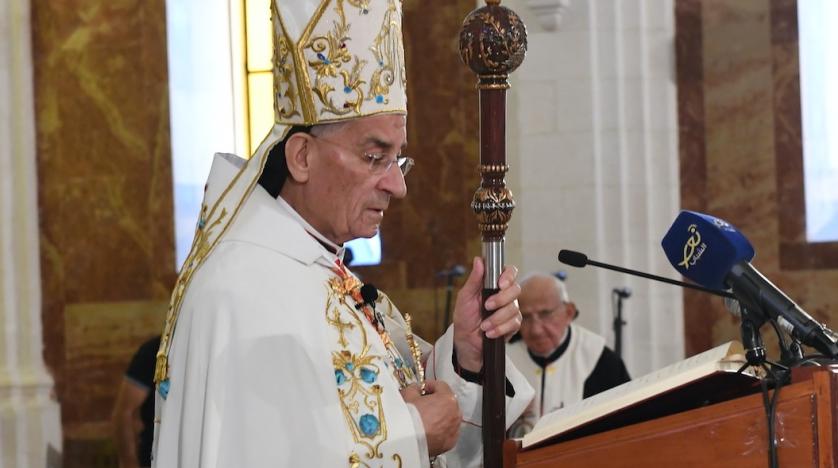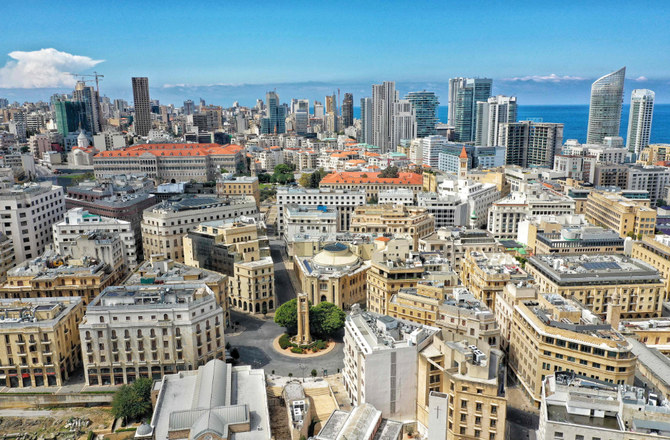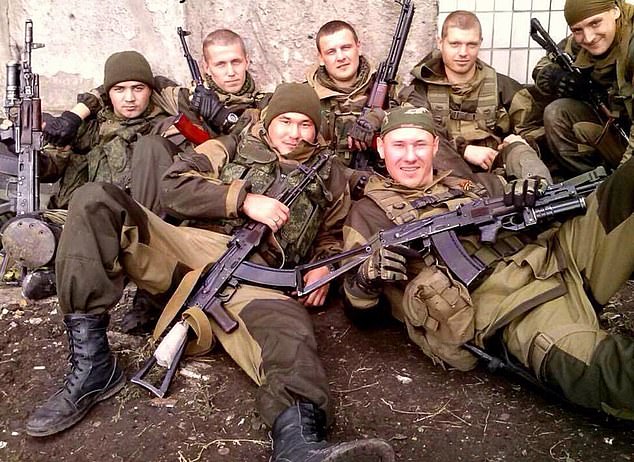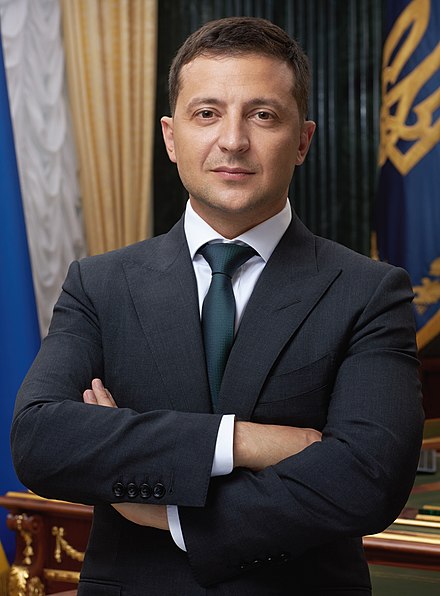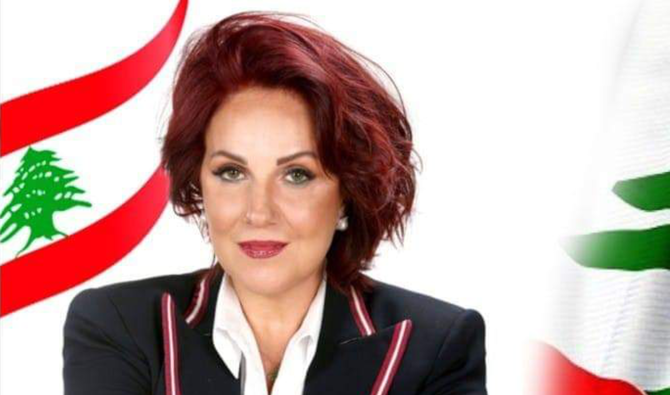
لا يَتوقّفُ وجهُ الشَبهِ بين لبنان وأوكرانيا على الموقعِ الجيوسياسي، بل يَمتدُّ إلى المآسي التي فَتكَت بالشعبَين وإلى روحِ المقاومةِ التي يتميّزان بها. لقد استخفّ فلاديمير بوتين بقدرةِ الشعبِ الأوكرانيِّ على الصمودِ بوجهِ جيشِه مثلما قوّاتُ الاحتلالِ العديدةُ في العقودِ الأخيرةِ استَخفَّت بعزيمةِ الشعبِ اللبنانيِّ. غَفَلَ على جميعِ هؤلاءِ أنَّ إرادةَ اللبنانيّين أقوى من قوتِّهم وقادرةٌ على الالتفافِ على موازينِ القوى. كلُّ شعبٍ أقوى من عدُّوِه إذا تَوحّدَ وقاومَ وصَمد. في لبنان، بحكمِ تَعدُّدِ الولاءاتِ والصراعِ حولَ هُوّيةِ لبنان والاختلافِ على لائحةِ الأعداء، كلُّ فريقٍ قاومَ وحيدًا عدوًّا غيرَ عدوِّ الآخَر. ورغمَ ذلك انتصَرنا مداورةً، ثمَّ بدَّدنا الانتصاراتِ بالأحقادِ والأنانيّةِ والمقايضةِ والتسوياتِ وبعدمِ توظيفِها في بناءِ دولةِ القانون. هكذا، فَقدَت الانتصاراتُ مفعولَها الوطنيَّ وانسحبَ الأعداءُ وبِتنا أعداءَ بعضِنا البعض.
في هذا السياقِ، يتأكّدُ أنَّ تجويعَ اللبنانيّين وإفقارَهم، وهم ليسوا بفقراء، خُطّةٌ مدبَّرةٌ لقتلِ روحِ المقاومةِ والكرامةِ والثورةِ فيهم ولإذلالِـهم وإخضاعِهم. تظنُّ المنظومةُ المتحكِّمةُ بالبلدِ ــــ ومَن وراءَها خارجًا ــــ أنَّ ما لم تأخُذْه بالقوّةِ ستأخُذُه بالجوع. لكنّنا نُطمِئنُها بأنّها لن تأخذَه لا بالقوّةِ ولا بالجوع. اتّكالُنا هو على أنفسِنا أوّلًا. سَبق للاتّحادِ السوفياتيِّ أن جوَّعَ شعبَ أوكرانيا عمدًا بين سنتَي 1931 و1933 بُغيةَ إخضاعِه. لجأ السوفيات إلى تنظيمِ “إبادةٍ بالمجاعة” مع أنَّ أوكرانيا غنيّةٌ زراعيًّا وخَصبةٌ بإنتاجِ القمحِ وتُدعى “أهراءاتِ” أوروبا الوسطى. آنذاك نفى ستالين التسبُّبَ بتلك المجاعةِ التي أدّت إلى موتِ نحو ثلاثةِ ملايينَ أوكرانيٍّ. لكن بعدَ سقوطِ الاتّحادِ السوفياتيِّ، نُشرِت الوثائقُ السريّةُ وتَبيّن أنَّ ستالين استغلَّ المجاعةَ الجماعيّةَ لإخضاعِ أبناءِ الريفِ الأوكرانيّ. وسنةَ 2008 بادرَ البرلمانُ الأوروبيُّ إلى إصدارِ توصيةٍ يَعتبر فيها الـــ (Holodomor)، أي “الإبادةَ بالمجاعة”، جريمةً مروِّعةً وضِدَّ الإنسانيّة.

